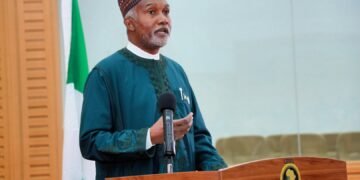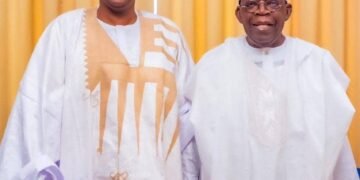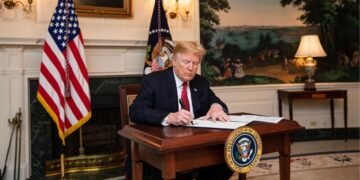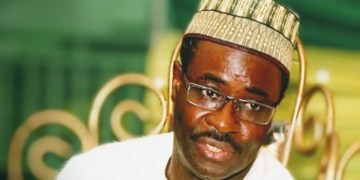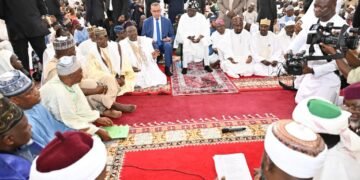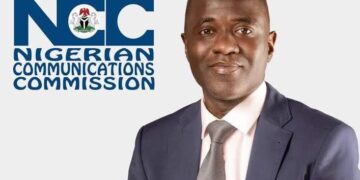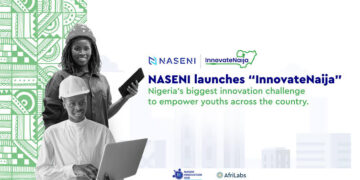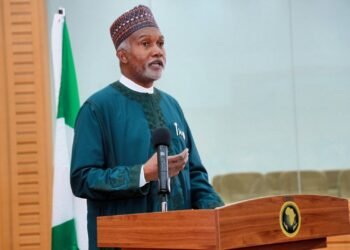President Muhammadu Buhari’s charge to the newly inaugurated Presidential Economic Advisory Council (PEAC) to develop its own home-grown database is a bold and courageous move and a game-changer.
According to the Buhari Media Organisation (BMO), President Buhari’s question mark on the integrity of data and statistics generated by foreign bodies, including International Monetary Fund (IMF) and the World Bank, is most welcome.
In a statement signed by its Chairman Niyi Akinsiju and Secretary Cassidy Madueke, BMO said that the President’s directive to the 8-member team to develop reliable data that reflect the true situation of things also shows his readiness to explore a home-grown solution to local problems.
“President Buhari’s speech at the inauguration of the Advisory Council is a pointer that the economic initiatives put in place in the last four years were not based on guesswork, but targeted at a particular economic goal.
“This was obvious when he said: ‘Many of the ideas we developed in the last four years were targeted at returning Nigeria to the path of growth at a time the country was faced with enormous challenges’, but he was also honest enough to say that the government needed to tread carefully by adopting conservative plans in his first term in office.
“It is against this backdrop that President Buhari explained that the team of economic experts constituting the PEAC is saddled with the responsibility of shaping ideas for a sustainable and prosperous future, especially now that the country is on the path of growth.
“We are convinced that this team of world-class economists from diverse backgrounds, led by Professor Doyin Salami will ensure a return of long-term development plans which the President spoke about in some of his recent speeches,” the group added.
BMO also noted that the directive by the President on the Advisory Council to focus on primary data collation is a game changer in view of the quest to lift millions of people out of poverty in the shortest possible time.
“What we have had for several decades, like President Buhari rightly pointed out, is a situation where governments at all levels depended on statistics developed by international bodies that have little or no knowledge of the situation in remote parts of the country.
“We have also seen how some people freely share data by a group on the number of people that fall into poverty every minute in Nigeria but which almost always does not reflect the true situation on the ground
“But what many people don’t know is that the 8-member Presidential Council includes at least one development consultant with a background in research and diagnostic studies, so this move to reliable data will go a long way in ensuring that the country indeed has a realistic medium and long-term plan.
“We see it as a vote of no confidence on those statistics that have failed to adequately capture what the Federal government has been doing to create jobs, especially in the rural areas, in the aftermath of an economic diversification programme covering the entire value chain of the Agriculture sector.
“This initiative is almost certain to create a Nigerian template for reliable data collection and collation that can be adopted by other African countries and developing economies.”
The group said reliable data will also make it easier for the PEAC to actualize the government’s goal of lifting 100 million Nigerians out of poverty in 10 years.

